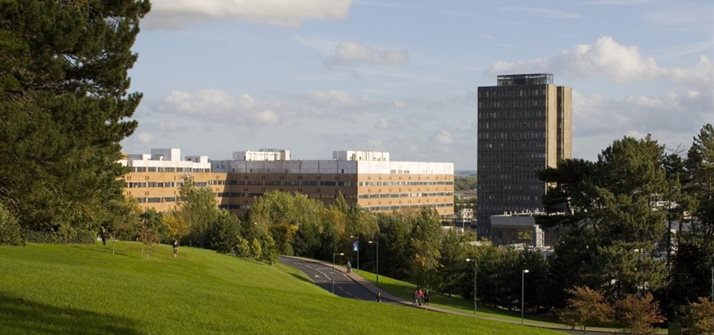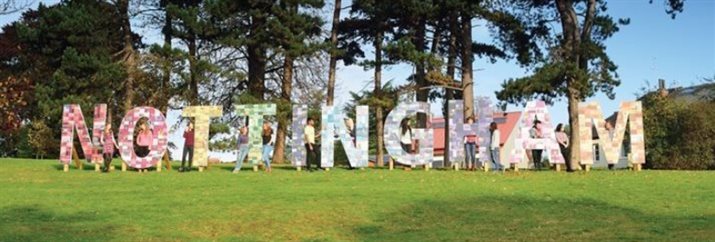Why collaborate with the CHT?

Our track record
We have an extensive track record and experience of taking technologies from scientific discovery through to clinical adoption. This includes over 10 current University spin-out companies and other commercial ventures in healthcare and associated materials and manufacturing technologies, several technologies under license and mature technologies that have been on the market for many years.
Read more about the commercial success and validation of our spinouts
Our spinouts have had great commercial success and validation, for example:
- £2m finance package from Mercia Technologies plc to regenerative medicine company Locate Bio;
- £0.5m investment by Mercia Technologies plc into regenerative medicine company NuVision)
- Buy-out of Monica Healthcare by GE Healthcare in 2017.
- Three other medical spin-outs from the University of Nottingham exited the portfolio or sold major shareholding in 2018
Support over the complete pathway to clinical adoption
Uniquely placed within the NHS, CHEATA (Centre for Healthcare Equipment and Technology Adoption) can offer support and advice over the complete pathway from device development and regulatory compliance through to engagement with NICE. CHEATA helps overcome the obstacles to develop a market-ready product by supporting you to gather the evidence needed to translate your device from concept into clinical adoption. Find out more about CHEATA's services
Award-winning clinical-academic partnership
In 2018, the CHT won the NHS England Chief Scientific Officer's award for Developing partnerships to improve outcomes', recognising the success of the partnership. The University's scientific base is adjacent to and co-located with Nottingham University Hospitals NHS Trust - (NUH) ideal for clinical input and trials.
Read more about the the clinical research partnership
The Trust is one of the biggest and busiest in England, and is a highly active research organisation with ongoing clinical research in all Divisions and more than 400 active clinical research projects involving over 11,000 patients.
NUH has a longstanding and strong relationship with the University of Nottingham, exemplified by the £26m award for the NIHR Nottingham Biomedical Research Centre (BRC) and NIHR Nottingham Clinical Research Facilities (CRF).
Over 150 clinical academics along with clinical engineers and other clinicians are involved in research, giving rise to excellent clinical-academic collaboration in research projects. This leads to:
- Research focussed on clinical priorities
- Clinicians benefiting from the latest technologies, to improve patient care
Broad interdisciplinary capability
From over 100 academics working on healthcare technologies research, our breadth of scientific capability covers an all-round approach to device development: from human factors, to biomechanical evaluation, biomaterials, manufacturing and more, allowing us to bring together a bespoke team that is right for your device development.
Why Nottingham?

Situated in the heart of England, Nottingham is a fantastic location for medical device developers.
Find out about the MedTech hub of the UK and the support offered to local MedTech companies